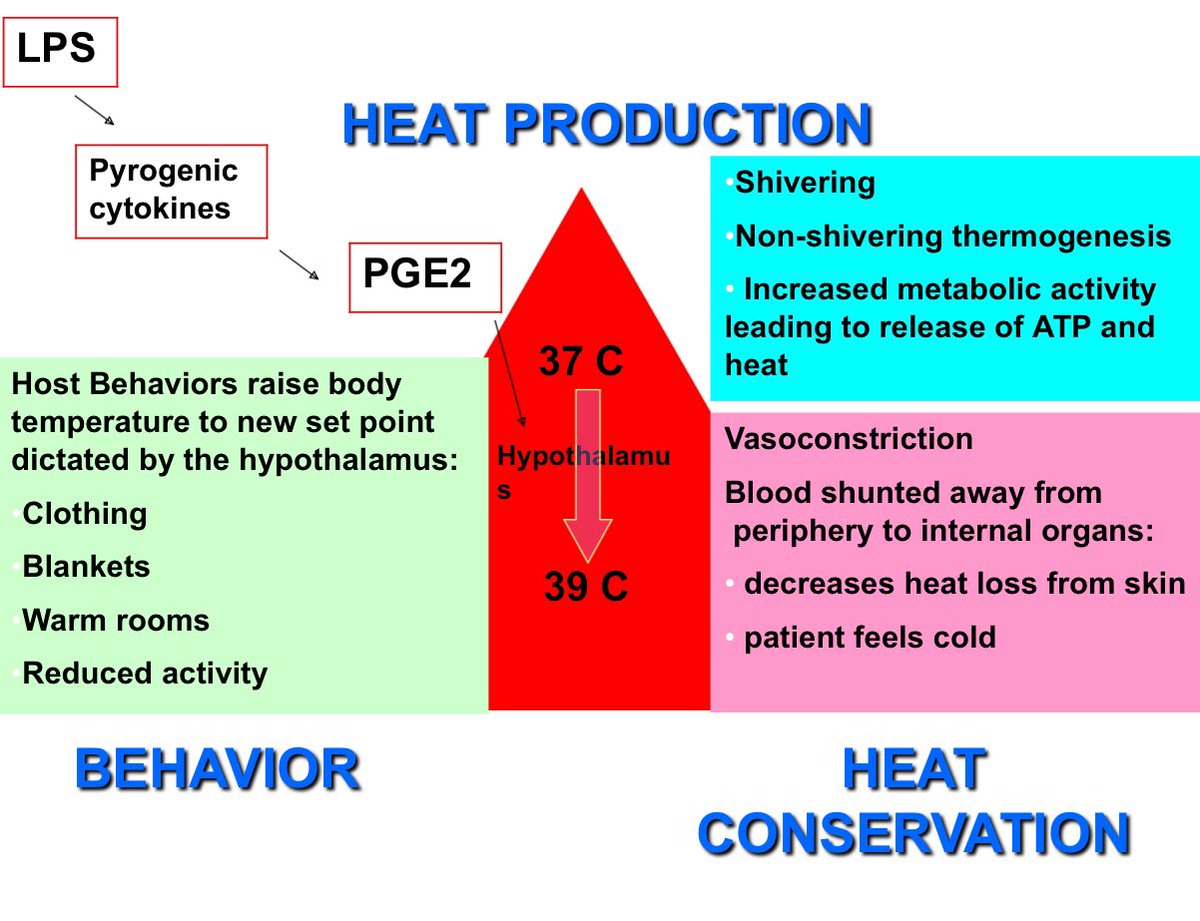
❗️Publication alert in honor of #WorldNTDDay❗️Five key points about intestinal #schistosomiasis for migrant health practitioners out in @TMAID1. Congratulations to super⭐️ @BoggildLab alums & trainees @LeilaFMakhani @swana_kopal @ShvetaBhasker 🙌👏💯🤗❤️🔥 A short thread 👇 1/13 
https://twitter.com/boggildlab/status/1222843602314940416

2/13 #schistosomiasis in migrants from endemic areas is a chronic helminthic infection in which eggs produced by adult trematodes residing in venous plexi can damage the liver & genitourinary tree due to inflammation over time 

3/13 Those most at risk of acquiring schistosomiasis include adults & children residing in endemic areas of sub-Saharan Africa, southeast Asia, or eastern South America who have been reliant on freshwater bodies (rivers, lakes, streams) for activities of daily living 



4/13 Long-term health consequences of #schistosomiasis relate to the worm burden acquired over time & timing of treatment. This is why chronic sequelae are over-represented in our migrant population compared to travelers who have been exposed to contaminated freshwater abroad 

5/13 Migrant health practitioners are advised to screen migrants from endemic areas using a combination of validated & available microbiological assays
@AshnaBowry @travelhealthdoc
@AshnaBowry @travelhealthdoc

6/13 Co-infection with both S. mansoni causing intestinal schistosomiasis & S. haematobium causing genitourinary schistosomiasis should be considered in migrants from Africa
@drsarahmac @SarahKohlMD @daniela_leto @DrJRMarcelin @DrMahaliaD
@drsarahmac @SarahKohlMD @daniela_leto @DrJRMarcelin @DrMahaliaD
7/13 Furthermore, the possibility of co-infection with the bloodborne viruses - hep B, hep C, & HIV (the treatment of which &/or viruses themselves might have liver damaging effects) should also be excluded
8/13 Migrants with #schistosomiasis should be risk stratified for chronic sequelae of the liver (e.g., peri-portal fibrosis) by imaging (e.g., ultrasound) & bladder (e.g., screening for hematuria & metaplasia/SCC of bladder by U/A +/- imaging) if risk of haematobium. Cysto if UA+
9/13 Here is @WHO protocol for ultrasonographic assessment of #schistosomiasis morbidity:
apps.who.int/iris/bitstream…
@DocWoc71 @JillWeather @DrMahaliaD @AndreaLConroy @S_Yegorov @DrJRMarcelin @AishaKhatib @AshnaBowry @LeilaFMakhani @daniela_leto @MalikaHSharma @mishrash @linhchen
apps.who.int/iris/bitstream…
@DocWoc71 @JillWeather @DrMahaliaD @AndreaLConroy @S_Yegorov @DrJRMarcelin @AishaKhatib @AshnaBowry @LeilaFMakhani @daniela_leto @MalikaHSharma @mishrash @linhchen
10/13 Travelers to #schistosomiasis endemic areas are advised to avoid swimming or bathing in freshwater bodies incl. rivers, lakes, streams, ponds, waterfalls. 

11/13 Given probable low inoculum of worms if infected, direct microbiological detection of eggs from stool or urine of travelers far less sensitive than in migrants. Most sensitive, practical, validated, & commercial diagnostic assay available in non-endemic areas is serology
12/13 If infected while visiting an endemic area, travelers may return w/ acute schistosomiasis characterized by syndrome of fever, cough, GI symptoms, rash & high-grade eosinophilia
sciencedirect.com/science/articl…
sciencedirect.com/science/articl…

• • •
Missing some Tweet in this thread? You can try to
force a refresh





